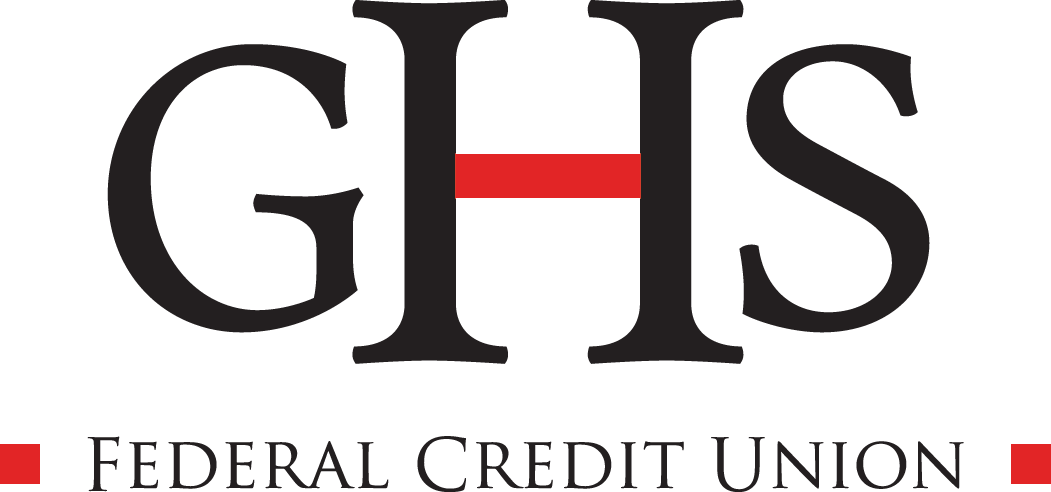How To Protect Your Account and Personal Information
In the past, all you had to do to keep your money and identity safe was hold on to your wallet. If you lost your purse, you canceled your checkbook and cards then ordered replacements -- and that was the end of it.
Nowadays, it's a whole different ball game. Specialist scammers and fraudsters are active all over the world and easily cross international borders online. There's also malware that can infect your computer and scrape it for sensitive data.
Read on for helpful tips on how to protect your account and personal information.
BE CAREFUL USING WI-FI
If you're using Wi-Fi at a café or airport, make sure the network name looks legit. If possible, ask a staff member for the correct name. This is because hackers sometimes make their own device available as a hotspot, so it appears to be the right internet connection when really it's a peer-to-peer network.
Everything you do on your device will then run through their device and they'll be able to access your personal information, usernames, passwords, and credit card details for fraudulent purposes.
AVOID OVERSHARING ONLINE
Posting a lot of personal information online could put you and your loved ones in danger, lead to identity fraud or theft of property.
Make sure you're on a private, secure website if you're posting screenshots of documents and IDs, sharing personal photos, discussing vacation periods when your house will be empty, and other details scammers could use to their advantage.
Scammers may take note of your character and preferences on social media and engage with you in a way that suggests they know you well, then exploit that relationship.
BE WARY WHEN FILLING OUT FORMS ONLINE
Phishing is when you receive an email that may look genuine and often contains a form or pop-up seeking your personal information. The email may be from a company you recognize and have been interacting with. It may propose an attractive offer or suggest urgent action is needed.
The scammer may then use your details to access your account, make purchases in your name, or commit identity fraud. So if you're facing a form asking for your social security number and bank account, close it immediately and report the email as PHISHING or SPAM. You may also report it to the Federal Trade Commission.
Reputable institutions often declare: We will never ask for your account details in an email. Here at GHS, we will never ask you for personal information or certain account details through email. We go so far to confirm your identity over the phone before proceeding on private account transactions.
THINK TWICE ABOUT LINKS AND ATTACHMENTS
Fraudulent emails often have tell-tale signs like poor spelling and unusual punctuation. But sometimes they'll look legitimate and you'll go so far as to open them. At this point, you're still safe. The danger lies in opening links and attachments.
If you suspect an email is fake, never click on the link or open the attachment promising a great offer or essential piece of information. Cybercriminals can program links and attachments to infect your computer with malware, scrape its memory, and steal your passwords.
For companies and the government, malware can make systems inoperable, wreaking havoc on your business or even society at large.
MONITOR YOUR ACCOUNTS
Despite your best efforts, hackers and scammers might occasionally manage to access your accounts to steal your money or make fraudulent purchases. If this happens to you, you'll have the best chance of getting your money back if you report it quickly.
Regularly monitoring your accounts and credit reports is the best way to stay on top of your transactions and making sure no person, or company, is taking advantage of you. If you notice any unusual activity, reach out to a customer services representative and report it at once.
5 COMMON SCAMS TO WATCH OUT FOR
Unfortunately, people just like you fall prey to fraudsters every day. The list of scams is constantly growing as criminals find new ways to deceive people.
Here are some of the most widespread scams right now:
Pandemic-Related Scams
People may steal your money or identity by asking for your account details so they can deposit a stimulus check, or asking for your personal information so they can sign you up for a COVID-19 test or vaccine.
Charity and Disaster Fraud
Between wildfires and floods, there are many good reasons why people are going around asking for donations. But be sure they're from a genuine organization before giving them money or your details.
Elder Fraud
This is when criminals target older people with promises of love, winning sweepstakes, or even tech support. Older people should be wary of overly friendly people seeking their personal information or asking for money.
Ponzi and Pyramid Schemes
Be wary of business proposals where you're asked to make a small investment in exchange for a large return. If it sounds too good to be true, it probably is. Another red flag is if they ask you to recruit more members.
Phone Scams
It's a good idea to answer calls only from known numbers then call back if you get a legitimate voice message. Scammers may call you then sweet talk you or scare you into giving away your information for fraudulent purposes. Click the link below to learn how to identify scammers.
